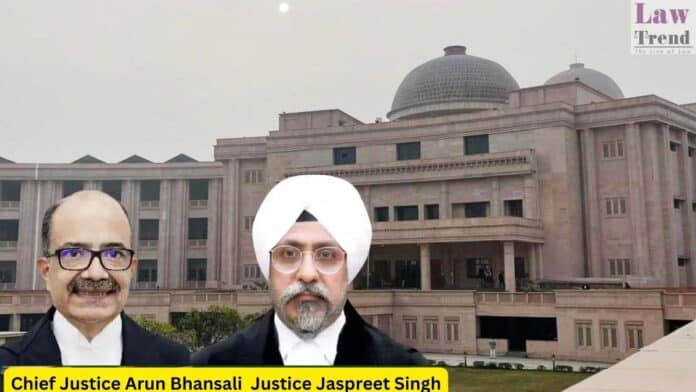The High Court of Judicature at Allahabad, Lucknow Bench, has dismissed a batch of two special appeals, holding that a litigant cannot be permitted to repeatedly agitate issues that have already been conclusively decided by the Supreme Court and subsequently affirmed in multiple rounds of litigation. A Division Bench of Chief Justice Arun Bhansali and
To Read More Please Subscribe to VIP Membership for Unlimited Access to All the Articles, Download Available Copies of Judgments/Order, Acess to Central/State Bare Acts, Advertisement Free Content, Access to More than 4000 Legal Drafts( Readymade Editable Formats of Suits, Petitions, Writs, Legal Notices, Divorce Petitions, 138 Notices, Bail Applications etc.) in Hindi and English.




